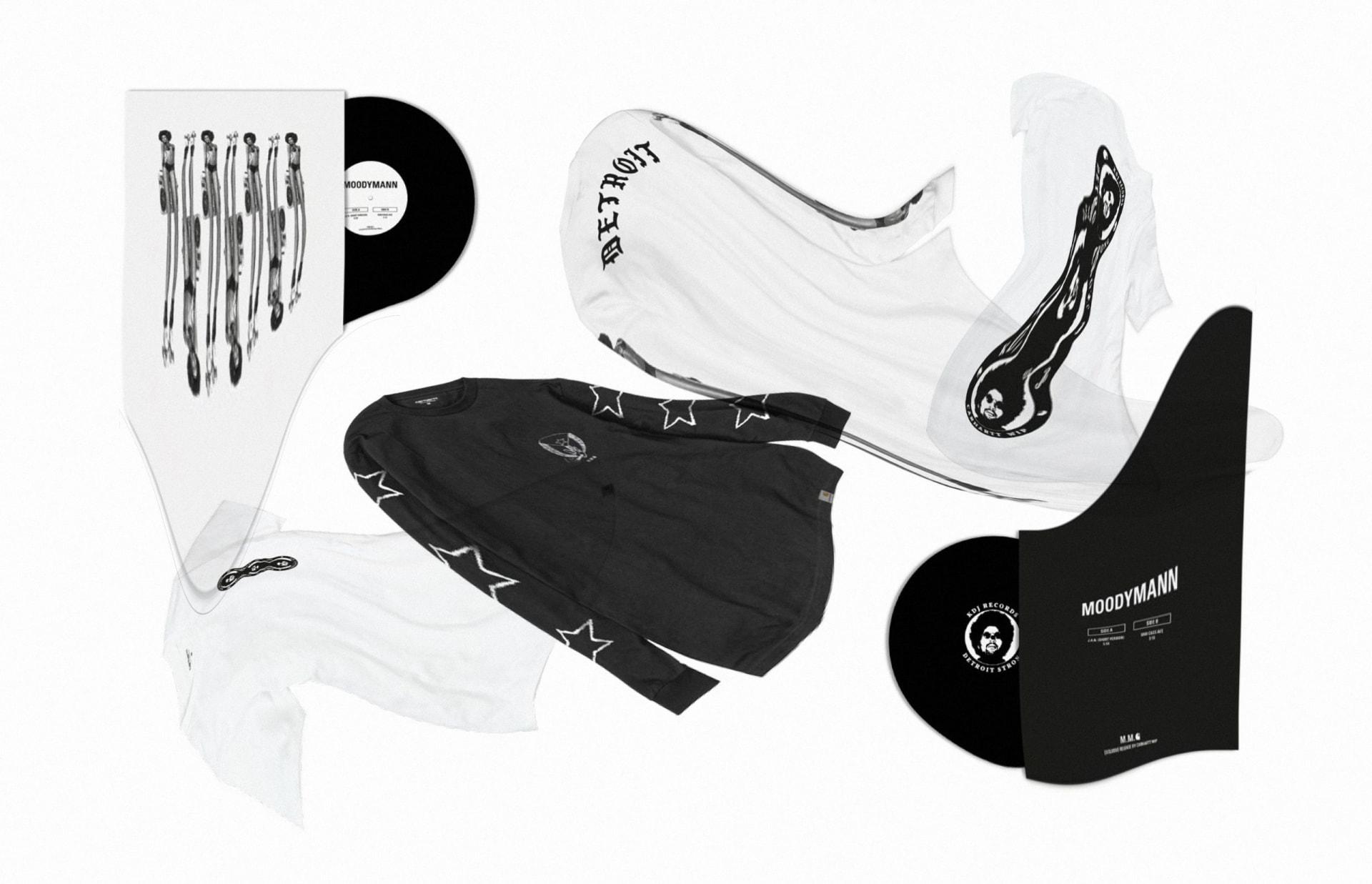
The Work Is Never Over: Carhartt WIP’s Continual Search for Authenticity
Dance music’s allegiance to the streetwear brand is no coincidence—both share an honest working class legacy.
The first fledging DJ I ever met—surely some sort of prophecy for my now total immersion in electronic music—was one of my best college friends, Sam, whose CDJ rig, propped up by stacks of Mandarin language textbooks and various weed paraphernalia, took up about half of his shoebox dormitory. Over his four academic years, Sam eventually renounced the craft, apoplectically citing an incident wherein a group of tasteless frat bros jeered at his booty house set at a fundraiser. But he did manage to keep his love for club culture. The proletariat pied piper of our friend group, he spearheaded our barely-legal ventures into New York City’s nightlife playground in 2014. Once, he wrote a fervent fan email to the promoters of DirtyBird, a “tech funk” label from his home turf in the bay area, containing the sentence, “You’re a DirtyBird, I’m a DirtyBird, we’re all DirtyBirds,” which somehow scored him VIP entrance and plus-6 guestlist to their showcase at the velvet-roped dance club Marquee in Chelsea. Once we pulled up, he stomped to the front of the line, right up to the bouncer who was convincing a suited man to buy 400 dollar bottle service in exchange for entry, and cut his own striking figure in a well-worn Carhartt sandstone jacket.
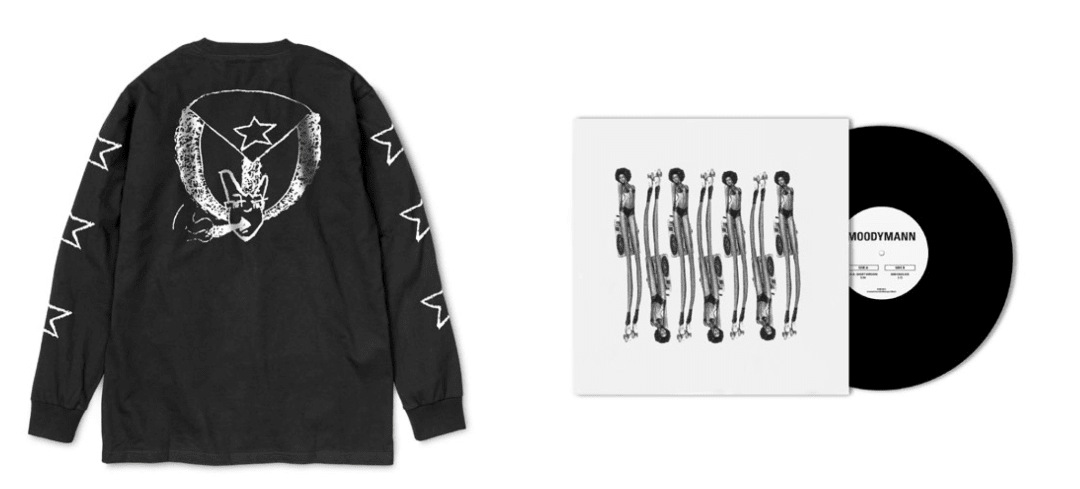
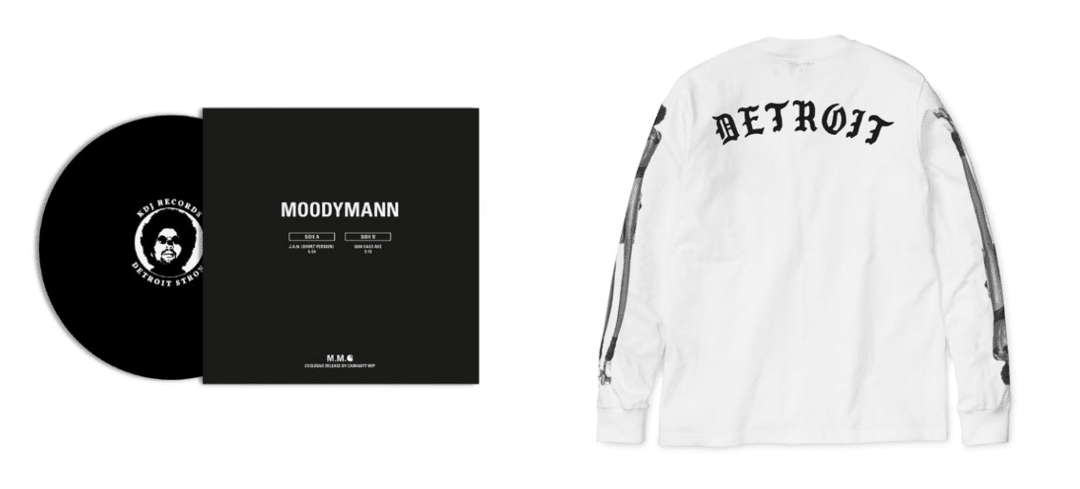
From then on, Carhartt popped up with a curious frequency. There was a DJ I visited in Manchester, who saved up a portion of his café side job wages to buy a Work in Progress (WIP) navy blue parka and still kept the giant shopping bag atop his empty cardboard KRK boxes; an underground artist friend, who flipped wore the Carhartt-logoed beanie backwards because “everyone has one” (although it didn’t stop her from purchasing); and then, just the other day, my visit to an illegal basement venue with a black Carhartt sticker slapped onto the upper-left hand side of the escape door, through which my friends and I would have to run if the cops came. These seemingly stochastic occurrences point to the larger question of what EB’s Sound and Style, a vertical founded on the investigation of club aesthetics, tries to answer. How do you dress the dance music subculture?
There are several strategies: a respected label or artist can found a brand to perpetuate their existing identity, as in the cases of our many cited examples in the article The Future of Club Music Merch. Luxury lines like GmbH, AMUSH, and Mowalola, meanwhile, evoke club-adjacent sartorial language of the aspirational partygoer. There’s also the Adidas and Nike route of investing in the community. But in the era of activations and cross-collaborations, many brands are an amalgam of all three.
In the past, Carhartt WIP, the European scion of American parent company Carhartt, has yoked itself to music’s fashion vernacular in a number of symbiotic ways. Among them are Carhartt WIP Radio Rewind’s series with the reggae and dub hues of the British label Trojan Records, collaborations with Detroit techno stalwarts Underground Resistance on a capsule collection, partnerships with Gosha Rubchinskiy’s skate line Paccbet and Heron Preston, and projects alongside Terraforma Festival in Italy, Club Marabo in Barcelona, and Soul Skate in Detroit. Carhartt WIP’s most notable alliance, of course, is with online radio platform NTS, a relationship that began around 2011 shortly after the station was launched and has continued to present day, most recently involving the NTS WIP emerging artist development program, with such underground disciples as Nazar and Crystallmess.
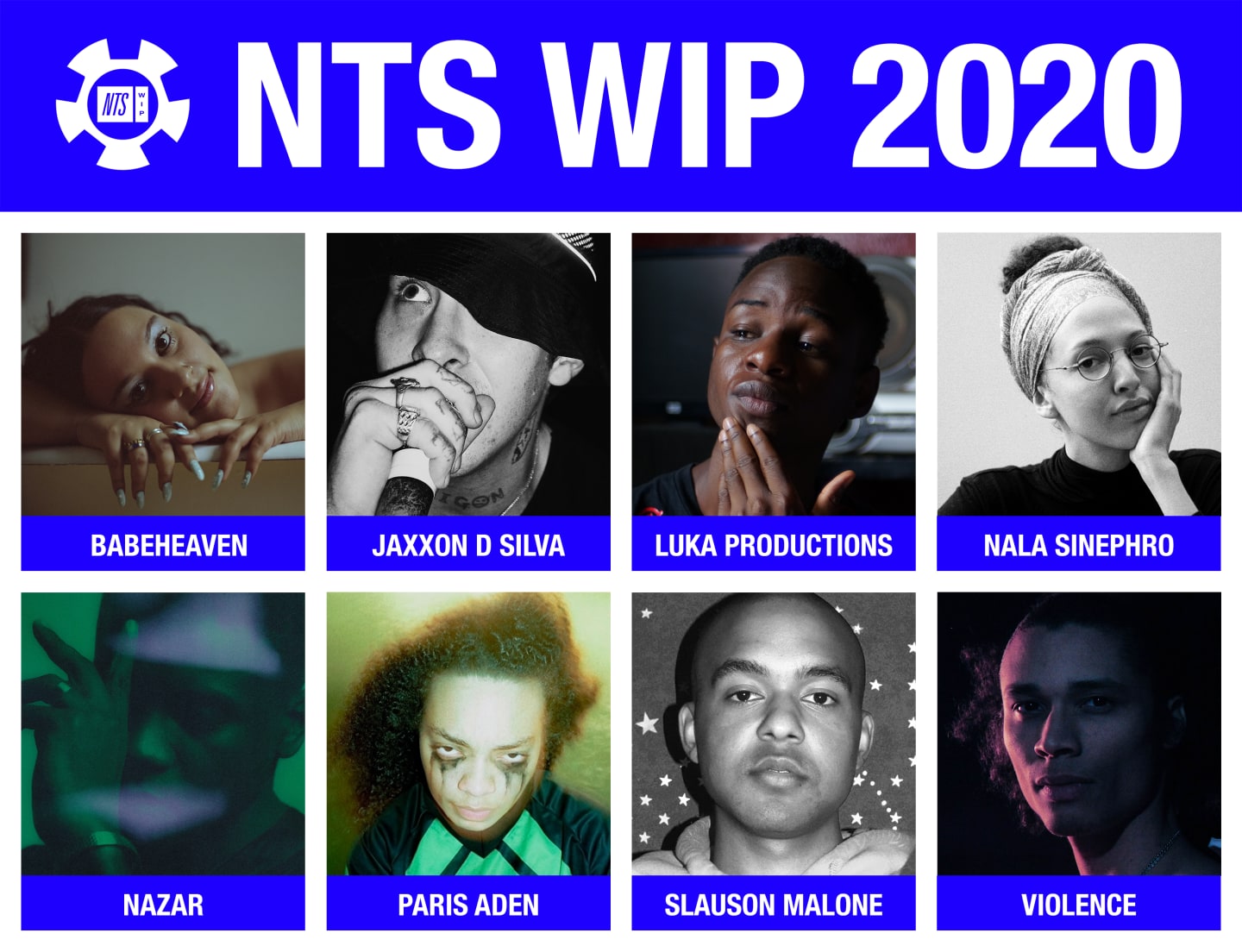
Last year, Vogue Business reported on the changing landscape of streetwear: “Gen Z shoppers also prize event-specific merchandise like concert T-shirts for their marriage of exclusivity and cultural currency.” The article then pointed to Hypebeast survey results, wherein consumers cite musicians as the most credible figures in the industry. “Luckily, we didn’t really need to wait for a survey to define musicians as credible people,” say the heads of Carhartt WIP Music, Philipp Maiburg and Michel Leuffen, in response to the quote. “Since the 1990s, Carhartt WIP has always been rooted in contemporary subcultures. Not just music, but also skateboarding and art. We would endorse DJs long before this artform became about the cult of personality.”
Dressing a music subculture requires a brand to invoke a sense of authenticity. It means asserting a code of ethics from day one, and adhering to the code, regardless of passing trends, for years until there’s hardwon trust. It’s likely that Carhartt’s parent workwear company has lent WIP a bit of the brand confidence it’s spent over a hundred years building. Founded in Detroit on the motto “Honest value for an honest dollar” in 1889, Carhartt’s sense of consistent veracity can be seen as far back as a 1927 ad with an illustration of a portly man in “master cloth,” “union-made” overalls, taking a hearty pull from a cigarette, mid-plough. WIP, founded across the Atlantic in 1989, took this unpretentious signal into streetwear. During the division’s early days, as described by The Carhartt WIP Archives book, founder Edwin Faeh and future wife Salomee were prohibited from selling Carhartt’s original cuts in France, so they “would spend hours stone-washing items in their factory to make the fabric soft, dyeing them colors like green, black, and bordeaux, or adding paraffin as a finishing to change the overall look.” Over time, WIP developed its own signature hybridity.
It’s no coincidence that dance music enthusiasts have found an affinity for Carhartt WIP. Rave culture, after all, is a phenomenon of blighted working class communities in Detroit, Chicago, and Manchester, and it still shares similar convictions, including a distrust of the government, a penchant for collective organizing, and a dogmatic dress-to-sweat sensibility. Both groups, of course, have also been appropriated by fashion, in the case of Calvin Klein’s AW18 firefighter jacket and Balenciaga’s SS19 “I <3 Techno” t shirt, suddenly reduced to a costume du jour, deviations away from its original utility. Notably, neither of these labels have historically invested in or understood the ethos of the cultures from which they’ve borrowed.
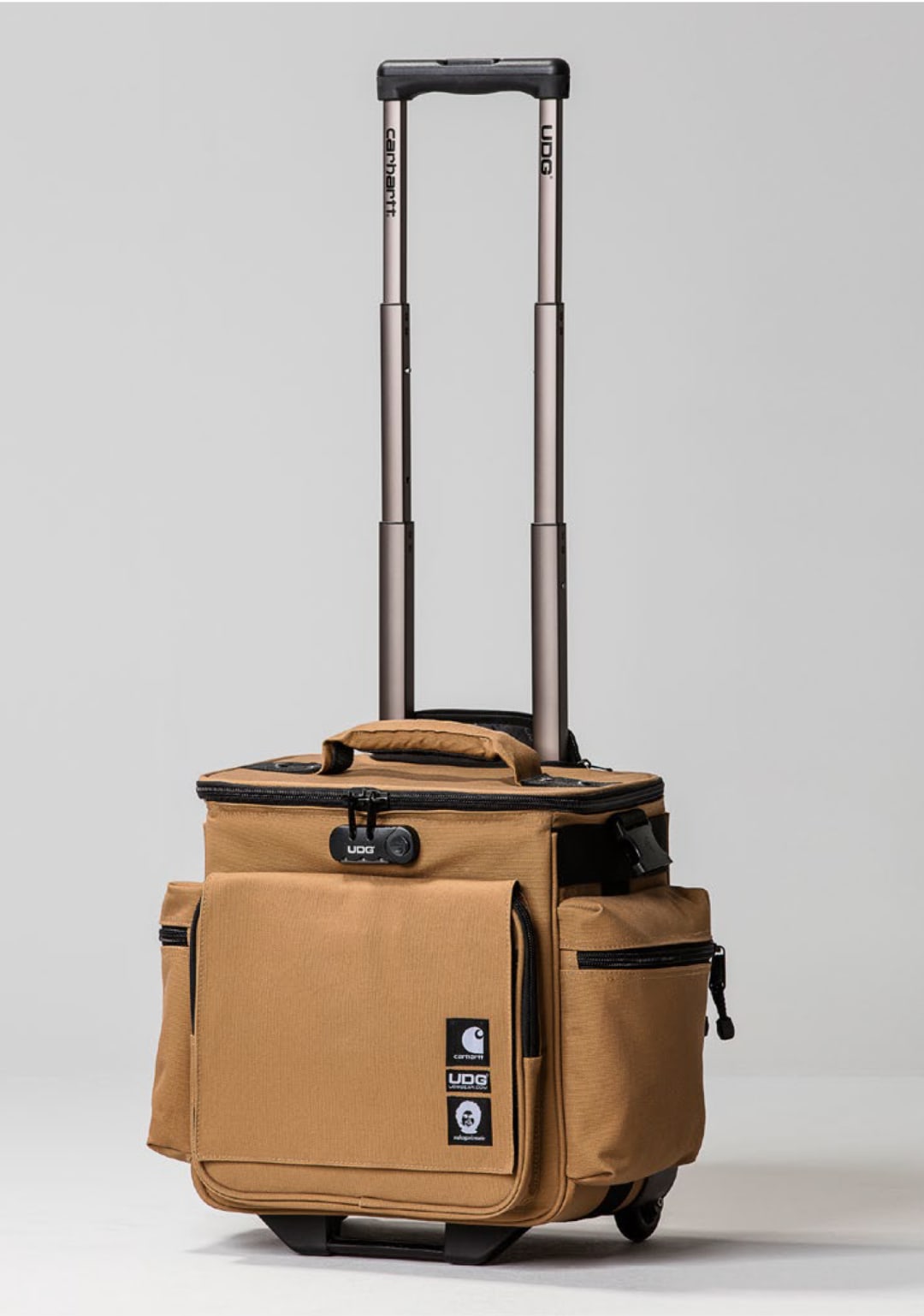
But by far the quickest way for brands to raise eyebrows and alienate fan bases is by flitting in and out of marginalized cultures, like Tommy Hilger and Polo Ralph Lauren, who have shifted from marketing to the prep school and country club caste to riding out the ’90s streetwear hype. Other vulturish luxury labels, fearing irrelevance and declining sales, are suddenly grappling at the coattails of youth culture upon realizing that cool is not about moneyed exclusivity but rather about relatable inclusivity. Maiburg and Leuffen, meanwhile, are just doing what they’ve always done, saying, “We buy records, we read about culture surrounding music, and importantly, we’ve tried to create a working environment where young people we work with can have their ideas and thoughts heard.”
In November 18, 1995, Faeh faxed an eerily prescient message to fellow executive Willem Kampert. Riddled with archaic colloquialisms (“PC-internet-technologies”) and spelling errors (“Graffity-Artists”), he wrote, “Everybody will agree that the world is changing rapidly. The young people of today (14-25 years) have a different education and grow up with a lot of high tech (cyber-stuff).” The “enlarged circle of young generation people” entering “other strong new influencial [sic] directions,” he stated, included: “New DJ music culture such as House, Techno, etc. together with music TV and radio stations which have make a commitment to this music culture [and] clubs, jams and good raves together with the DJ-Stars which have a great impact to the youth culture.” 25 years later, it seems that the rest of the industry is only beginning to catch up.
Whitney Wei is the Editor-in-Chief of Electronic Beats. Follow her on Instagram here.
Published June 17, 2020. Words by Whitney Wei.
